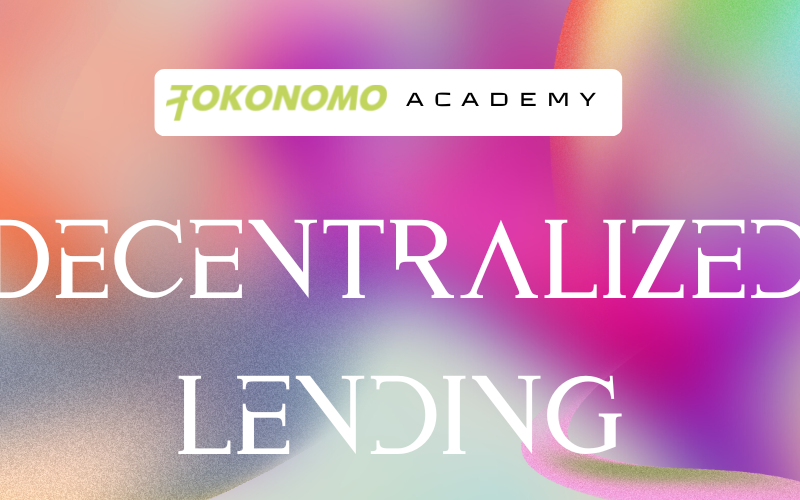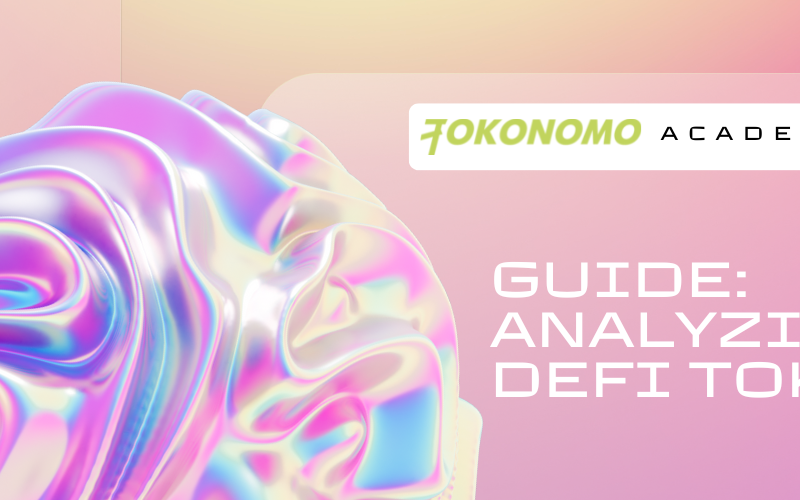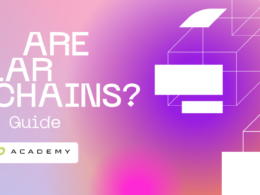Introduction
In recent years, the blockchain and cryptocurrency space has seen a surge in the number of new tokens and projects being launched. With the increasing popularity and adoption of blockchain technology, many entrepreneurs and businesses are looking to launch their own tokens to raise funds, create decentralized communities, and build new products and services. However, with so many different blockchains and platforms available, it can be difficult to decide which one is the best fit for your project. In this article, we will explore some of the best and cheapest blockchains for launching your token, including their pros and cons, and help you make an informed decision.
What is a Token?
A token is a digital asset that is built on top of a blockchain platform. Tokens can be used for a variety of purposes, such as representing a share in a company, a unit of value, or a membership in a community. Tokens can also be used to create decentralized applications (dApps) and platforms, and can be traded on various cryptocurrency exchanges.
There are two main types of tokens: utility tokens and security tokens. Utility tokens are used to provide access to a specific service or product, while security tokens represent ownership in a company or asset. The type of token you choose to launch will depend on the purpose and functionality of your project.
Best Blockchains for Launching Your Token
1. Ethereum
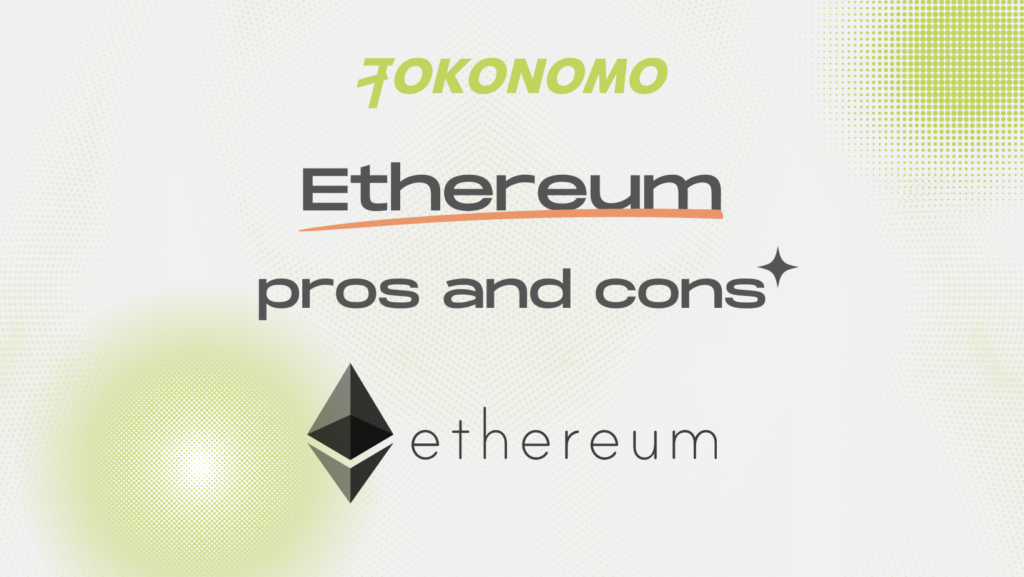

Ethereum is one of the most popular blockchain platforms for launching new tokens. It is the second-largest cryptocurrency by market capitalization, and has the largest developer community in the blockchain space. Ethereum provides a decentralized platform for creating and running smart contracts, which are self-executing contracts with the terms of the agreement written directly into the code. This makes it possible to create and launch new tokens on the Ethereum blockchain.
Pros:
- large and active developer community, which makes it easy to find resources and support for your project.
- well-established ecosystem of dApps and projects, which can provide valuable opportunities for partnerships and collaborations.
- smart contract functionality allows for the creation of a wide range of tokens and decentralized applications.
Cons:
- relatively high transaction fee, which can be a barrier for some projects.
- currently facing scalability issues, which can lead to slow transaction times and high gas fees.
2. Binance Smart Chain
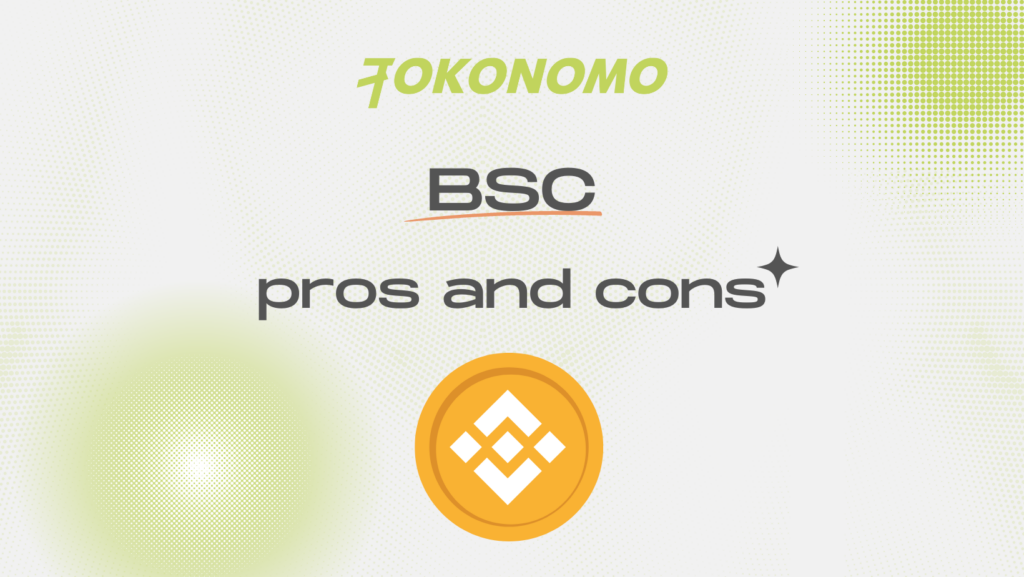

Binance Smart Chain is a blockchain platform created by the popular cryptocurrency exchange Binance. It is designed to provide a high-performance and low-cost alternative to Ethereum for building and launching new tokens. Binance Smart Chain uses a Delegated Proof of Stake (DPoS) consensus mechanism, which is designed to provide faster and cheaper transactions than traditional Proof of Work (PoW) blockchains.
Pros:
- lower transaction fees and faster transaction times than Ethereum.
- backed by the popular Binance exchange, which provides a built-in user base and liquidity for new tokens.
- strong focus on security and compliance, which can be beneficial for projects that need to meet regulatory requirements.
Cons:
- relatively new blockchain, which means that it may not have the same level of developer support and resources as Ethereum.
- closely tied to the Binance exchange, which could limit the potential for partnerships and collaborations with other projects.
3. TRON
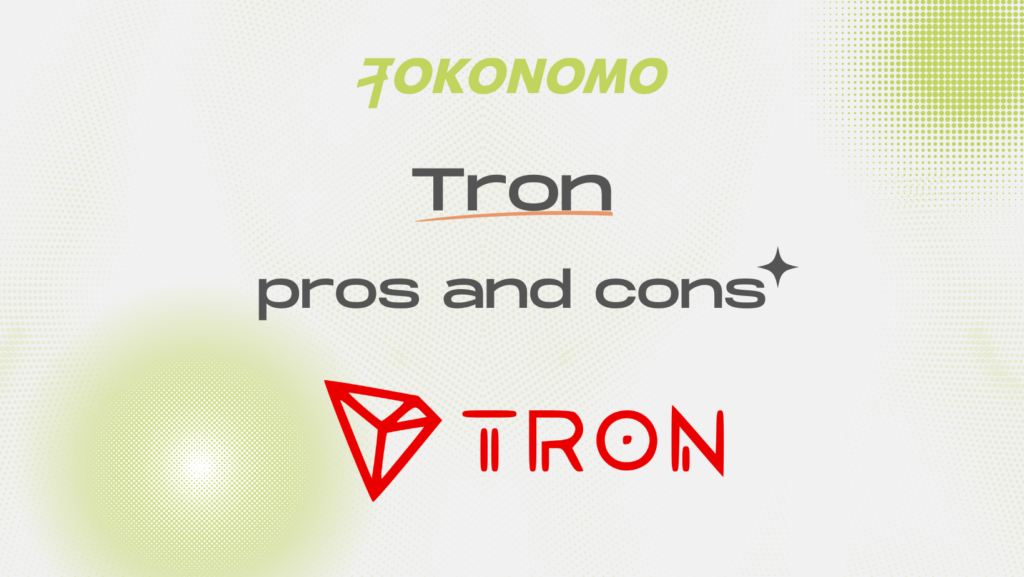

TRON is a blockchain platform that aims to provide a decentralized internet and a platform for creating and running dApps. TRON uses a Delegated Proof of Stake (DPoS) consensus mechanism, which is designed to provide faster and cheaper transactions than traditional Proof of Work (PoW) blockchains. TRON also has a focus on entertainment and gaming, which makes it a popular choice for projects in those industries.
Pros:
- focus on entertainment and gaming, which can provide valuable opportunities for projects in those industries.
- DPoS consensus mechanism provides faster and cheaper transactions than traditional PoW blockchains.
- large and active community, which can provide valuable support and resources for your project.
Cons:
- relatively new blockchain, which may not have the same level of security and reliability as more established platforms.
- focus on entertainment and gaming may limit the potential for partnerships and collaborations with projects in other industries.
4. Solana
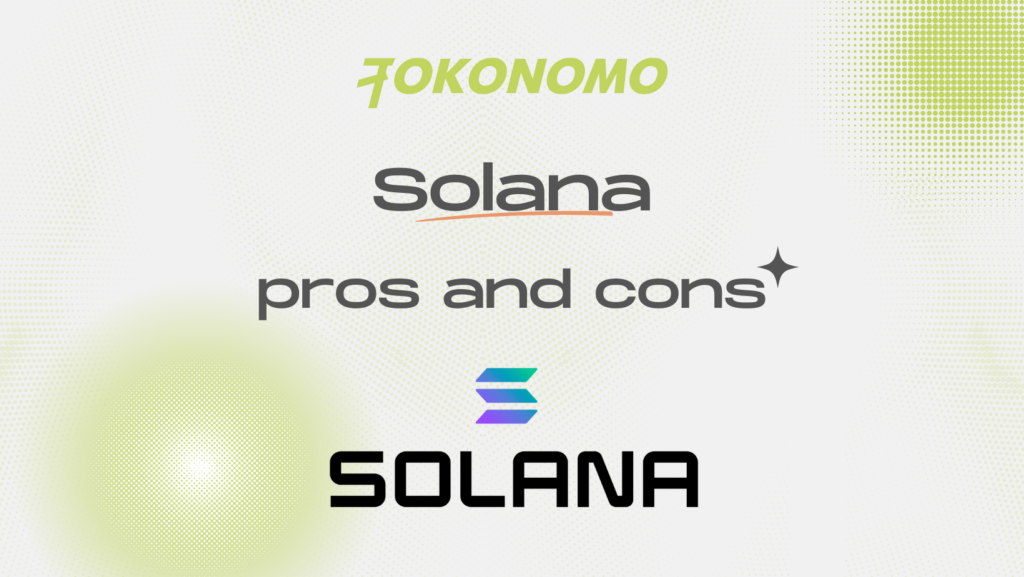

Solana is a high-performance blockchain platform that aims to provide fast and low-cost transactions for decentralized applications. Solana uses a Proof of Stake (PoS) consensus mechanism, which is designed to provide faster and cheaper transactions than traditional PoW blockchains. Solana also has a focus on decentralized finance (DeFi) and gaming, which makes it a popular choice for projects in those industries.
Pros:
- focus on DeFi and gaming, which can provide valuable opportunities for projects in those industries.
- PoS consensus mechanism provides faster and cheaper transactions than traditional PoW blockchains.
- strong focus on security and scalability, which can be beneficial for projects that need to handle large amounts of data and transactions.
Cons:
- relatively new blockchain, which may not have the same level of security and reliability as more established platforms.
- focus on DeFi and gaming may limit the potential for partnerships and collaborations with projects in other industries.
5. Polygon
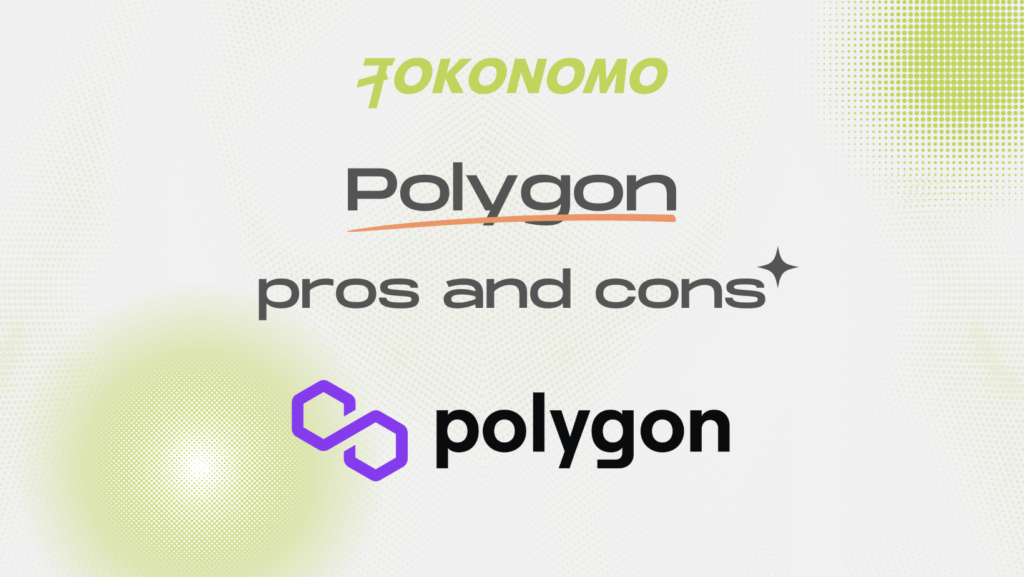

Polygon is a blockchain platform that aims to provide a high-performance and low-cost alternative to Ethereum for building and launching new tokens. Polygon uses a Proof of Stake (PoS) consensus mechanism, which is designed to provide faster and cheaper transactions than traditional PoW blockchains. Polygon also has a focus on decentralized finance (DeFi) and gaming, which makes it a popular choice for projects in those industries.
Pros:
- focus on DeFi and gaming, which can provide valuable opportunities for projects in those industries.
- PoS consensus mechanism provides faster and cheaper transactions than traditional PoW blockchains.
- strong focus on scalability, which can be beneficial for projects that need to handle large amounts of data and transactions.
Cons:
- relatively new blockchain, which may not have the same level of security and reliability as more established platforms.
- focus on DeFi and gaming may limit the potential for partnerships and collaborations with projects in other industries.
Conclusion
Choosing the best blockchain for launching your token is a complex decision that depends on the specific needs and goals of your project. Ethereum is a well-established and widely used blockchain platform that provides a wide range of functionality for creating and launching new tokens. Binance Smart Chain, TRON, Solana, and Polygon are newer blockchain platforms that offer faster and cheaper transactions, but may not have the same level of security and reliability as Ethereum. Ultimately, the best blockchain for your project will depend on the specific features and capabilities you need, as well as the community and ecosystem you want to be a part of.
It is also important to consider the scalability, security, and transaction speed of the blockchain, as well as its community and ecosystem. For example, if your project is focused on decentralized finance, Ethereum, Binance Smart Chain, and Polygon may be the best fit due to their focus on that specific industry. If your project is focused on gaming, Solana, Polygon, and TRON may be a better fit due to their focus on that industry. Binance Smart Chain is a good option for projects that require a high-performance and low-cost alternative to Ethereum.
Ultimately, it is important to thoroughly research and evaluate the different blockchains available before making a decision. It is also important to keep in mind that the blockchain space is constantly evolving, and new options may become available in the future. By considering your project’s unique needs and goals, as well as the pros and cons of the different blockchains available, you can make an informed decision and choose the best blockchain for launching your token.
In conclusion, Ethereum, Binance Smart Chain, TRON, Solana, and Polygon are some of the best blockchain platforms for launching new tokens. Each blockchain has its own set of pros and cons, and the best blockchain for your project will depend on the specific features and capabilities you need, as well as the community and ecosystem you want to be a part of. It is important to thoroughly research and evaluate the different blockchains available before making a decision.
FAQs (Frequently Asked Questions)
- What is a blockchain token?
A blockchain token is a digital asset built on top of a blockchain network. It can represent:
– Utility – access to a service or product (e.g., platform credits).
– Security – ownership of a company or asset (e.g., tokenized shares).
Tokens can be used for fundraising, building decentralized applications (dApps), or creating communities. - Why does the choice of blockchain matter when launching a token?
The blockchain you choose determines:
– Transaction costs for users and your project.
– Speed and scalability of your token’s ecosystem.
– Security level, protecting both funds and smart contracts.
– Community and ecosystem, which can help with adoption and growth.
– Exchange support for future trading and liquidity. - Which blockchains are most popular for token launches?
The five most common blockchains for launching tokens are:
– Ethereum – the most established and widely supported.
– Binance Smart Chain (BSC) – low fees and fast transactions.
– TRON – popular for entertainment and gaming tokens.
– Solana – very fast and scalable, strong in DeFi and memecoins.
– Polygon – a low-cost alternative closely connected to Ethereum. - Why is Ethereum still a top choice despite high gas fees?
Ethereum remains dominant because:
– It has the largest developer community and resources.
– Most dApps, wallets, and exchanges are built to support Ethereum tokens.
– It’s considered a secure and reliable blockchain with a proven track record.
However, its main drawbacks are high transaction fees and slower speeds during network congestion. - How is Binance Smart Chain different from Ethereum?
– Lower transaction costs and faster processing times.
– Backed by Binance Exchange, giving new tokens easier access to liquidity and users.
– Uses Delegated Proof of Stake (DPoS), making it more efficient than Ethereum’s older Proof of Work model.
– However, it is more centralized and closely tied to Binance’s ecosystem. - When is TRON a good choice for token launches?
TRON works well for:
– Entertainment and gaming projects, thanks to its strong presence in those sectors.
– Projects that require cheap and fast transactions via DPoS.
Its main limitation is a smaller ecosystem outside the entertainment space. - What makes Solana popular for DeFi and meme tokens?
Solana is known for:
– Extremely fast transactions and very low fees.
– High scalability, suitable for large projects.
– Strong DeFi and meme communities.
The main concern is that it’s still relatively new and has experienced occasional network outages. - How does Polygon fit into the token launch landscape?
Polygon is ideal for:
– DeFi and gaming tokens, with close integration to Ethereum tools.
– Projects needing low-cost transactions but still wanting access to Ethereum’s ecosystem.
It’s scalable and growing rapidly, but like Solana, it still has a shorter track record than Ethereum. - Which blockchain is cheapest for launching a token?
Generally, Binance Smart Chain, Polygon, and TRON are cheaper than Ethereum.
Ethereum gas fees can be very high, especially during peak demand.
Polygon and TRON offer low-cost alternatives, while still providing decent speed and security. - Which blockchain should I choose if my project is in DeFi or gaming?
DeFi projects – Ethereum, Binance Smart Chain, or Polygon are strong choices due to their active DeFi ecosystems.
Gaming projects – Solana, Polygon, or TRON are better suited thanks to their speed and low transaction fees. - Is it easy to move my token to another blockchain later?
Yes, but it requires technical work:
– Many projects launch bridges or wrapped versions of their tokens to expand across multiple blockchains.
– It’s better to choose the right blockchain from the start to avoid complications. - What should I consider before making a final decision?
– Budget – can you afford Ethereum’s high gas fees, or do you need a cheaper network?
– Target audience – where does your potential community already exist?
– Security needs – some blockchains have longer, proven track records.
– Future scalability – will the blockchain handle growth as your project expands?
– Exchange support – which networks are most supported by major exchanges for listings? - Can I launch a token without technical skills?
Yes, many token creation platforms make it easy to launch a token with no coding knowledge.
However, for complex features like custom smart contracts, vesting schedules, or governance, hiring a blockchain developer is recommended. - Will new blockchains replace these options soon?
Possibly. The blockchain space evolves quickly, and emerging chains may offer better features in the future.
That’s why it’s crucial to stay informed and consider long-term support when making your choice.





